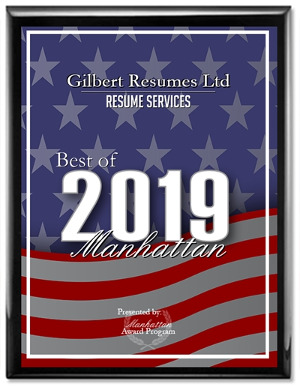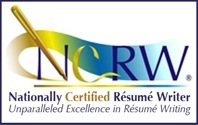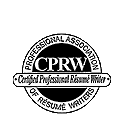4 Ways to Handle Interview Questions You Don’t Know How to Answer
{Click here to read the original article on TheMuse.com.}
Preparing for interviews is serious business. But even if you practice, and practice, and practice, you could still get a question you just don’t know how to answer. Whether it’s a technical question on something you’ve never heard of before or just something completely unexpected, a question that stumps you can really throw off the pacing of the conversation and leave you a bit shaken up.
So, what should you do when you get an interview question that you have no idea how to respond to? Try one of these pain-free approaches.
1. Take Your Time
First things first: Acknowledge that the question was asked and that you’re thinking about it. Something as simple as, “Hmm… that’s a great question. Let me think about that,” will suffice as you take some time to work through your first thoughts on how to approach the question.
This is important to remember, especially since it’s so natural to fill up any empty airspace with words to avoid awkward silences. Take a bit of time to gather your thoughts and make sure you don’t blurt out anything that gives away that you’re—well, completely stumped.
2. Think Aloud
Remember that half the time, hiring managers are asking tricky questions not to hear you spurt out the right answer immediately, but to get a better sense of how you think through problems. So, after you’ve taken a minute to gather your thoughts, try explaining succinctly where your thoughts have been and go forward from there.
For example, if you get asked something like, “Tell me about your copyediting process for long form articles,” and you don’t actually have a process (yet), a good approach would be to imagine that you’re editing that article and share the steps out loud. Add transitional adverbs like “first,” “then,” and “lastly” to give your answer some structure. You can also finish off with a qualifying statement that “the process varies depending on the situation,” which shows that you’re flexible even if your answer isn’t what the hiring manager would do.
3. Redirect
If you’re asked a question that you really can’t work through, own up and try redirecting to an area you are familiar with. You may not be able to speak to a certain skill directly, but if you’re able to connect it to similar skills, you’re much better off than just saying you don’t have the skill they’re looking for.
For example, say you applied for a position that requires social media marketing experience and are asked about your experience in this type of marketing. If you simply don’t have it, try redirecting the answer to something you do have experience with. In this instance, you could move toward your experience in social media community management or print marketing and say, “That’s one of the reasons I’m so excited about this position. I have extensive experience in social media community management from blogging in my previous position, as well as experience with print marketing for my professional organization. I think I’m very well equipped to combine these two skills into the necessary social media marketing for your product, especially since your company has been focusing its efforts in building up a community.”
4. Have a Fail-Safe
Of course, you might get a question that no amount of stalling, thinking aloud, or redirecting can help with. Questions that call for definitions or understanding of concepts that you don’t know can’t just be worked through on the spot. For these questions, lean on the research you’ve done about the company and industry the position is in.
Say you’re applying for a mergers and acquisitions position in finance and are asked, “What is working capital?”—and you really just have no idea. Be prepared with a fail-safe answer that focuses on your enthusiasm for the position and knowledge of the industry. Something like, “That’s not a concept I’m really familiar with yet, but finance is something I’m really excited about, and I’ve been actively trying to learn more. I’ve been keeping up with deals and have read about a few that your company has been involved in. I’ve also learned a lot about the industries that you advise. I think the consolidation that’s going on in the auto industry is going to create a lot of interesting opportunities going forward, and it’ll be an opportunity to learn a great deal about the M&A business.”
Above all, learn from all your interview experiences. And remember that regardless of what question you get, consider what the hiring manager is really trying to learn from the question. You may not be able to answer the actual question asked, but if you’re able to figure out what the hiring manager is really trying to learn with the question and assuage whatever concern he or she might have — you’ve already done well.
Comments are closed.







